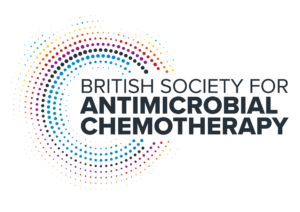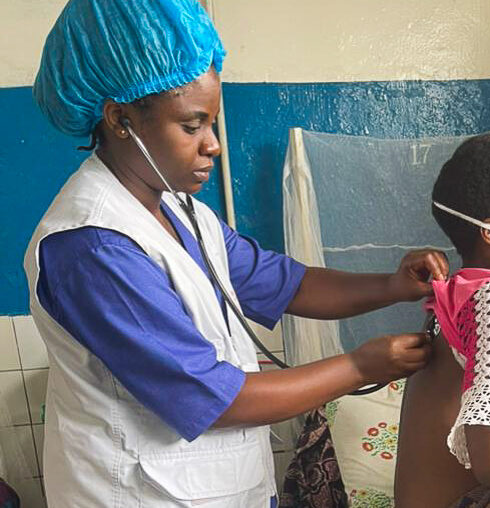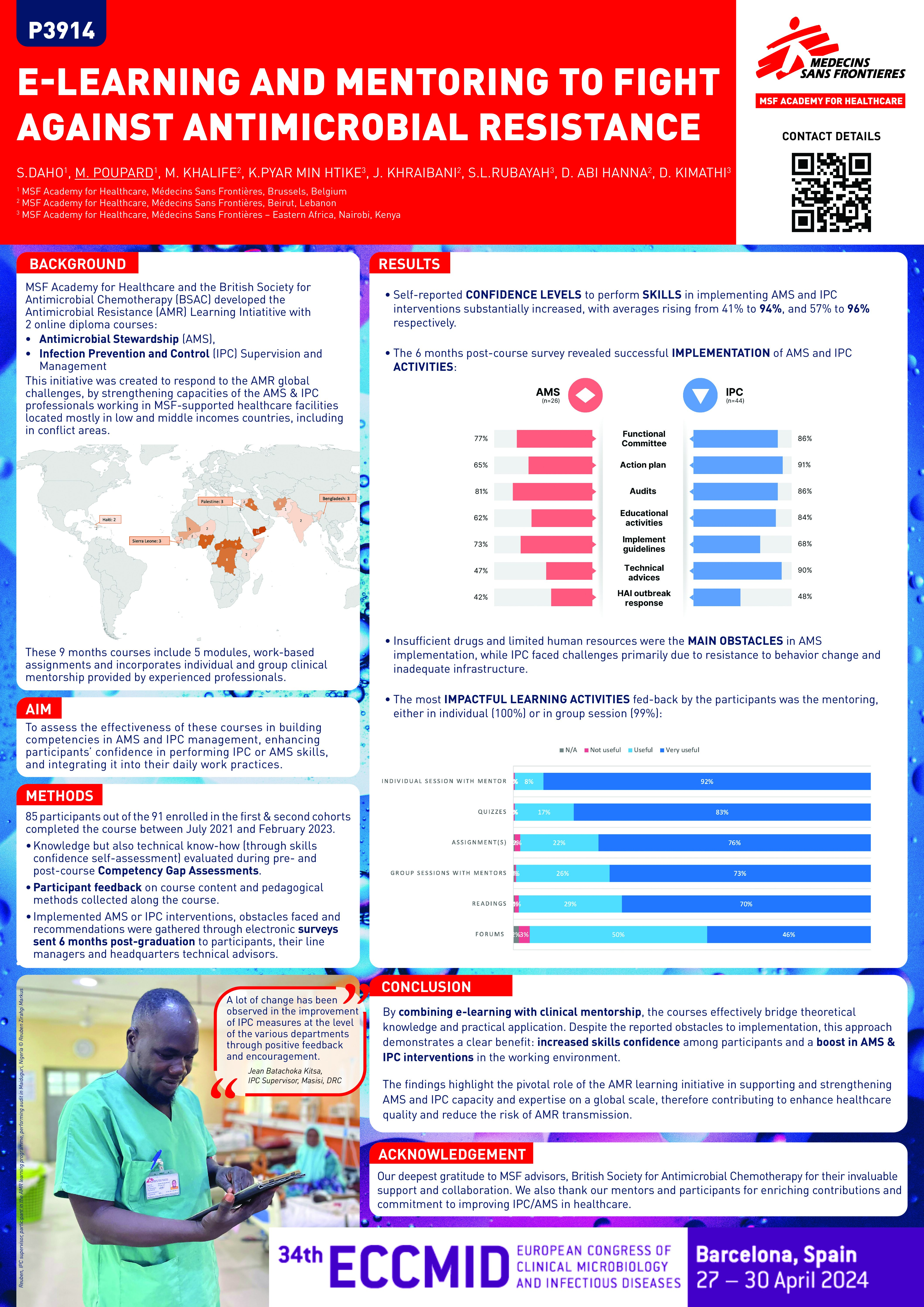Antimicrobial Resistance Learning
To improve the management of antimicrobial resistance in MSF projects
The Antimicrobial Resistance Learning initiative aims to improve the management of Antimicrobial resistance (AMR) in MSF-supported structures through the training and upskilling of the Infection Prevention & Control (IPC) supervisors and the Antimicrobial Stewardship (AMS) focal points.
AMR is a central priority for the medical and operational departments of MSF since antimicrobial resistance is rapidly spreading and affecting the morbidity and mortality of our current and future patients. The AMR learning initiative was launched in 2021, and offers two courses in both English and French: IPC Supervision & Management and Antimicrobial Stewardship.
Through these nine-month training programmes, IPC supervisors and AMS focal points are given the practical skills and knowledge to implement an IPC or AMS strategy within their hospital settings and support MSF staff in best practices.
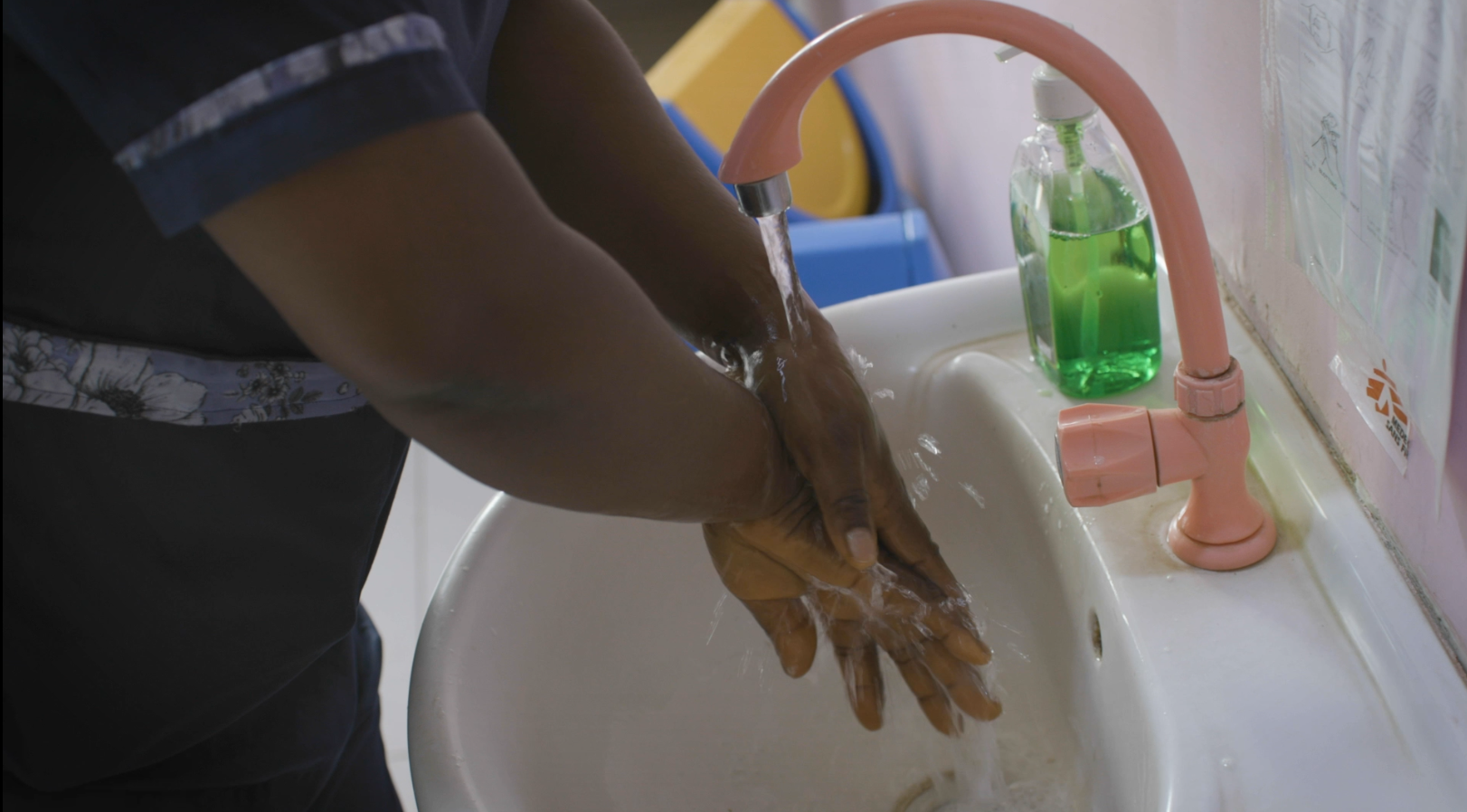
The AMR learning initiative in numbers
trained/graduated
active learners
following a programme
The programmes
For both profiles, an e-learning course has been developed in partnership with the British Society of Antimicrobial Chemotherapy (BSAC).
The content was organized with the input and validation from the MSF subject matter experts and, at the end of the course, an accredited diploma from the Royal College of Pathologists is provided to all graduates.
Both programmes are organized as blended learning and are available via the MSF Tembo learning platform. They comprise a mix of self-learning, webinars and online sessions. To assure a good quality of learning, the participants are supported and guided in their learning by a team of expert clinical mentors, that play a central role in the delivery of these courses, with group and one-to-one sessions, and clinical cases. The clinical mentoring supports the learners to transfer the acquired knowledge into practical skills and competencies.
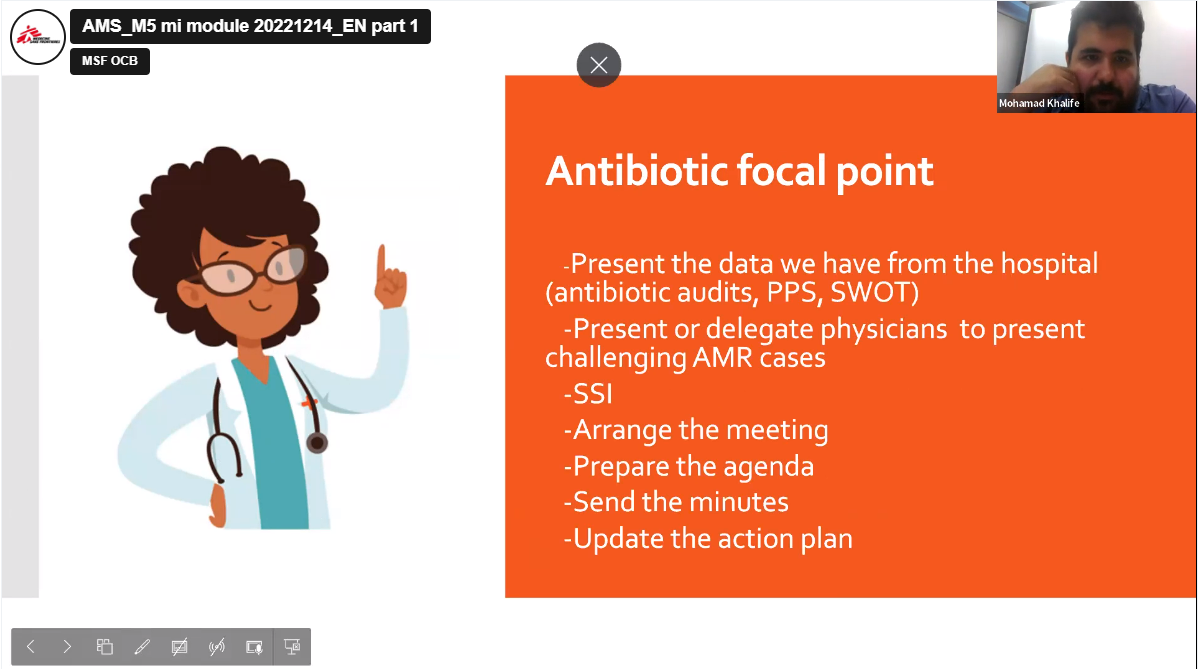
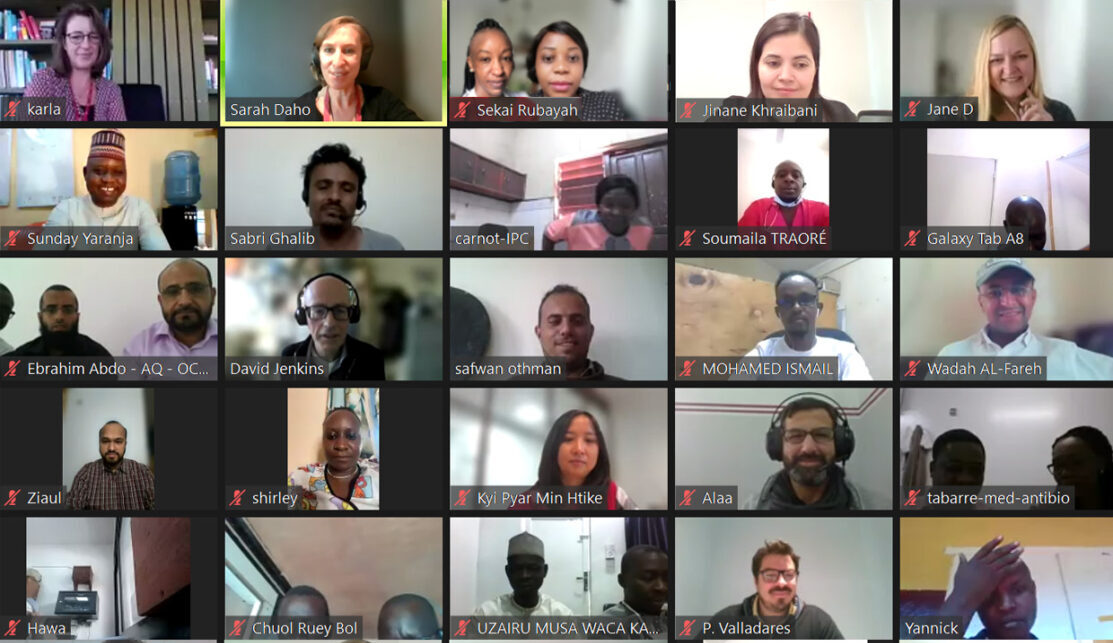
The curriculum
IPC Supervision & Management
Module 1: Exploring the current antimicrobial resistance (AMR) & IPC situation in the healthcare facility
Module 2: Implementing & monitoring IPC in clinical practice: Standard and Transmission-based precautions
Module 3: Implementing and managing an IPC programme
Module 4: Optimizing built environment and IPC materials use
Module 5: Contributing to HAI surveillance, prevention and outbreak management
Antimicrobial Stewardship
Module 1: Exploring the current antimicrobial resistance (AMR) & AMS situation in the healthcare facility
Module 2: Clinical management of infectious syndromes, identifying micro-organisms and their resistance patterns
Module 3: Using antimicrobials appropriately
Module 4: Implementing an Antimicrobial Stewardship Programme
Module 5: Contributing to HAI surveillance & outbreak management
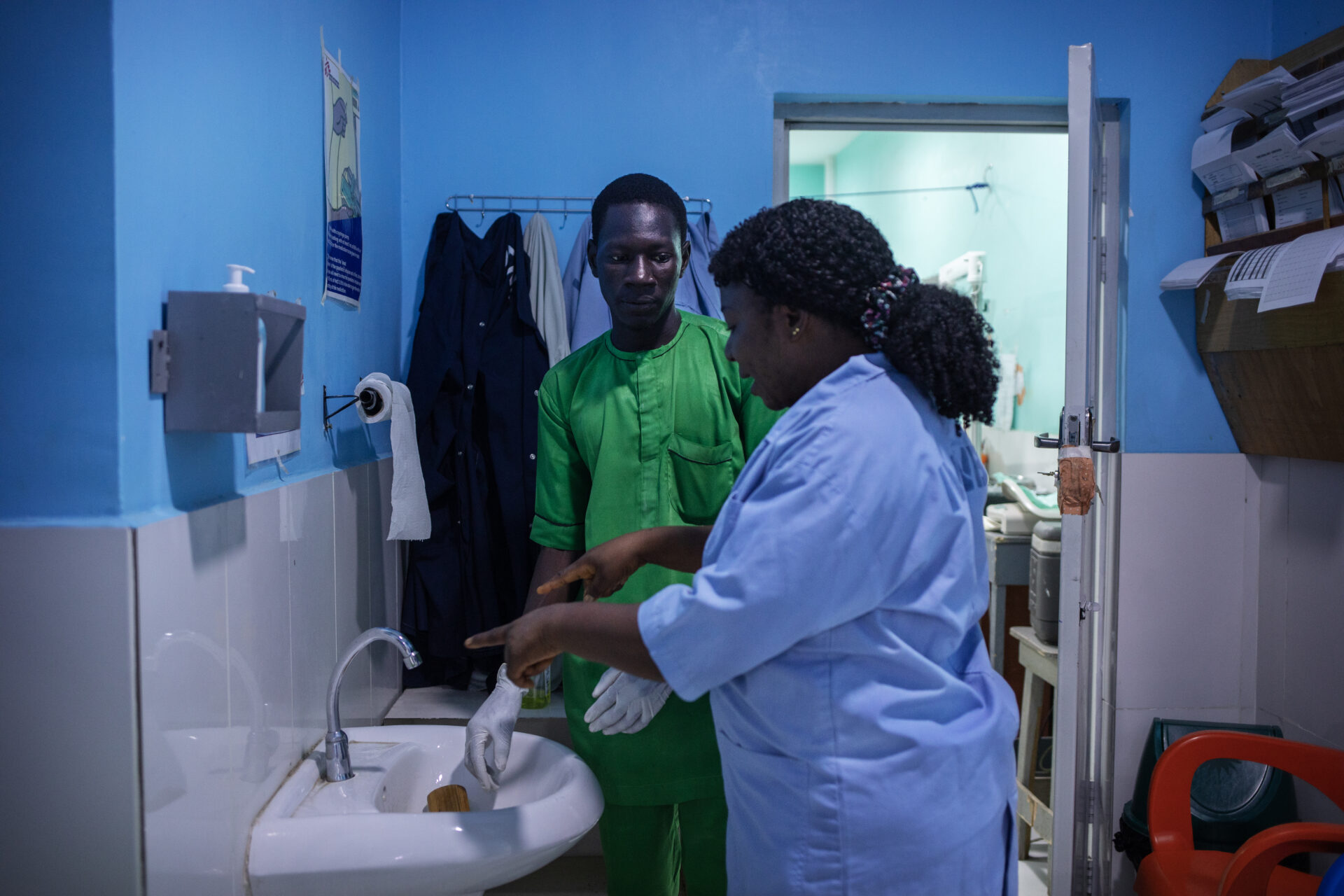 An IPC supervisor, participant in the AMR learning programme, at work. Jahun, Nigeria, 2023.
© Thomas Cytrynowicz
An IPC supervisor, participant in the AMR learning programme, at work. Jahun, Nigeria, 2023.
© Thomas Cytrynowicz
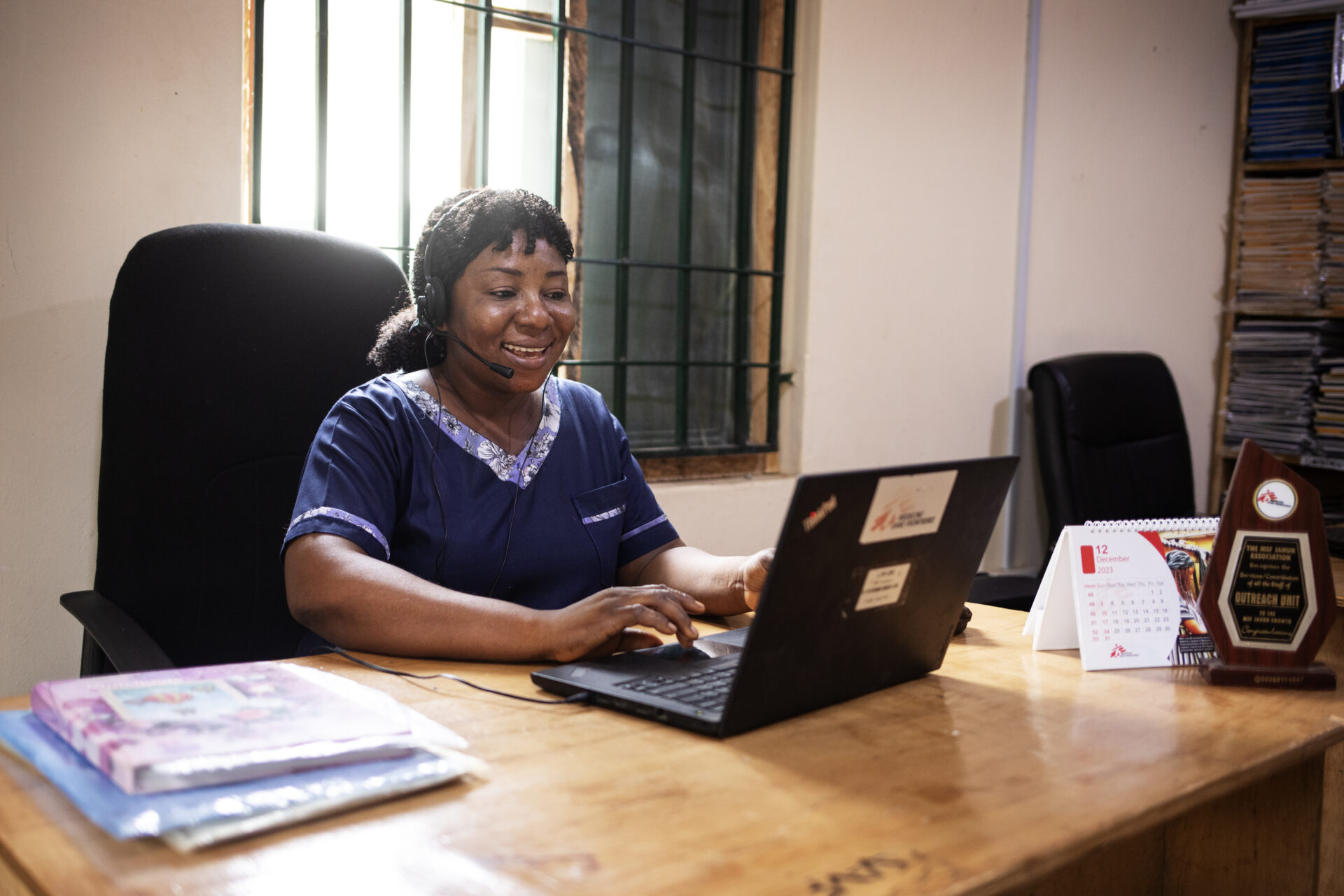 An IPC supervisor, participant in the AMR learning programme, during an online training session. Jahun, Nigeria, 2023.
© Thomas Cytrynowicz
An IPC supervisor, participant in the AMR learning programme, during an online training session. Jahun, Nigeria, 2023.
© Thomas Cytrynowicz
Recruitment of participants
The number of participants in each group is determined by the AMR Learning initiative. In each MSF Operational Center, a Learning and Development representative is involved in selecting the participants in coordination with the AMR advisors, IPC technical referents and the projects in the field. The MSF Academy then coordinates the final selection with the Operational Centers.
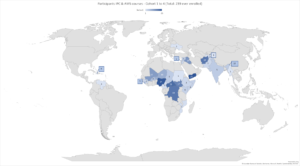
To combat antimicrobial resistance, the AMR learning initiative fosters global knowledge exchange. At the European Congress of Clinical Microbiology and Infectious Diseases (ECCMID), the initiative presented a poster, ‘E-learning and Mentoring to fight against Antimicrobial Resistance,’ showcasing the programme’s extensive reach and positive impact.

